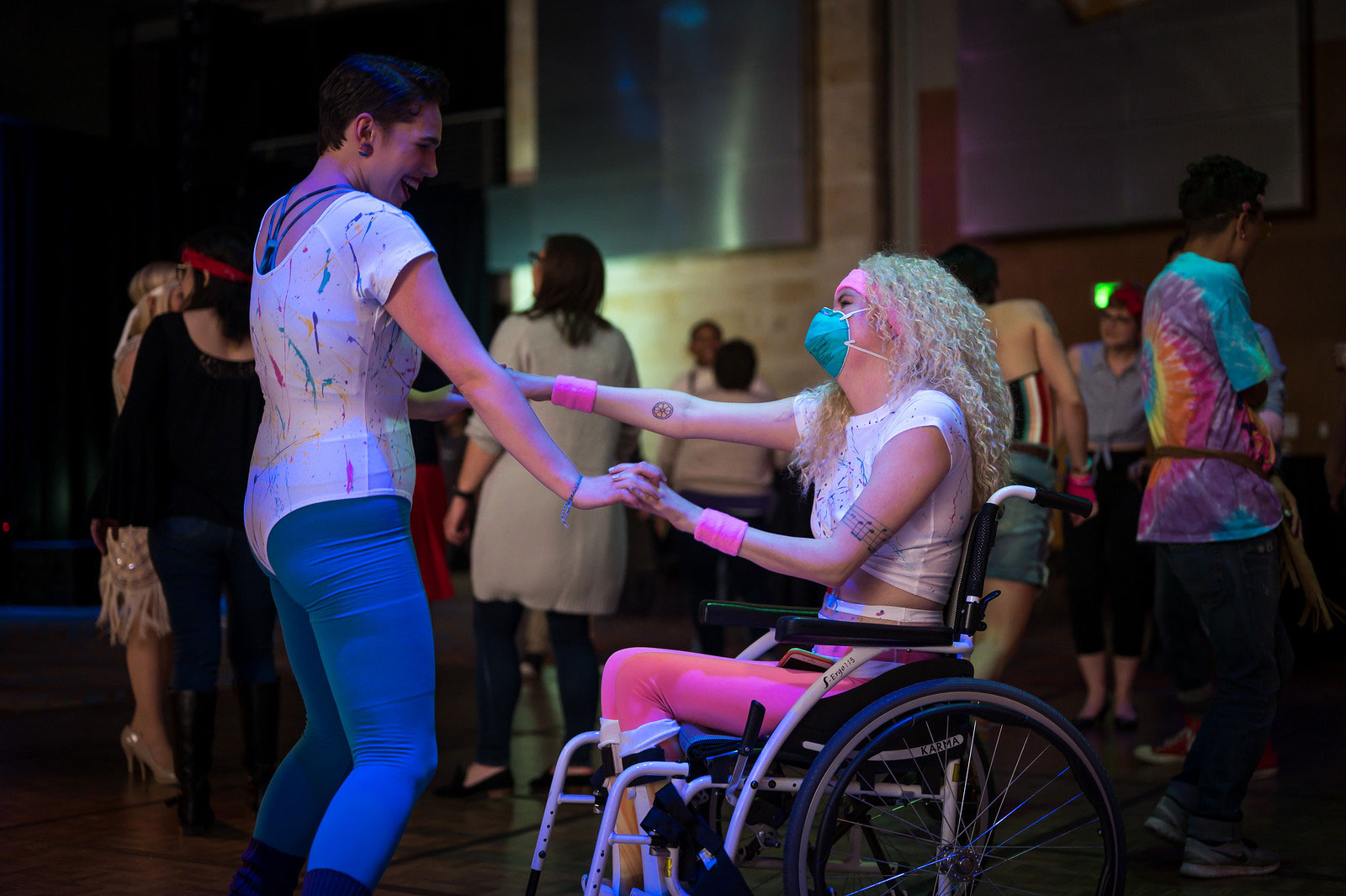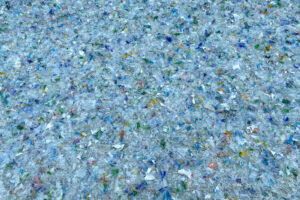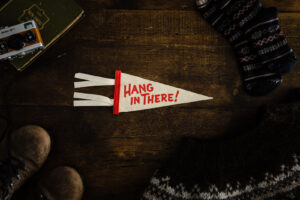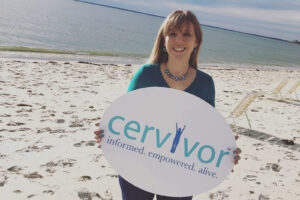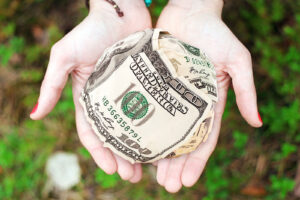“It’s hard enough to be a young adult or an adolescent in our world,” says Chelsea Donahue. “Especially for millennials and younger generations […] there have been a lot of challenges. And to add cancer to that—it can create so many incredible roadblocks for folks as they’re just starting out.”
As the director of programs at nonprofit Stupid Cancer, Donahue’s job revolves around easing those roadblocks for young adults with cancer through fostering community and support.
Stupid Cancer was founded in 2004 by pediatric brain cancer warrior Matthew Zachary. Zachary was 21 years old when he received his diagnosis in 1995, a very different landscape than what exists today for cancer social support. For adolescent and young adult (AYA) cancer warriors, the 1990s offered a fragmented community at best with no existing organizations that were specifically addressing the specific needs of warriors between ages 15 to 39.
“It was really about bringing awareness to the fact that people under age 40 get cancer, they have unique needs, and those needs are not being adequately addressed,” says Donahue of Stupid Cancer’s inception. Considering 89,500 young adults in the United States are diagnosed with cancer each year, it’s no surprise that Stupid Cancer has become a leader in the AYA cancer world.
Stupid Cancer notes that the challenges of young adults with cancer include infertility, loss of identity and independence, lack or loss of insurance and the stalling of career development. One of the biggest challenges, though, is isolation, the ending of which is entrenched in Stupid Cancer’s mission.
A 2015 study in journal Dialogues in Clinical Neuroscience found that “younger age is consistently associated with higher rates of psychological distress and psychiatric syndromes in adults with cancer.” In adulthood, significant friendships and romantic relationships become a defining feature of life. A cancer diagnosis in young adulthood causes disruption to these social aspects and can leave a warrior feeling isolated, lonely or depressed.
“There’s a real loss of [the] future that people have to process. They’re grieving what could have been in the life they thought they were going to have,” says Donahue. “The support system you had before cancer is maybe not going to cut it with cancer because if you’re lucky, you’re surrounded by people that love you and are able to support you. But they might not really know what to say, or what they’re saying might not really be helpful. So, finding that community of survivors is so critical for many.”
As director of programs, Donahue’s main goal over the past few years has been to grow Stupid Cancer’s programming and create more opportunities for AYA warriors to connect and find each other. One of Stupid Cancer’s cornerstone events is CancerCon, a four-day gathering that takes place every year in different locations and offers warriors not only a community of people who know what they’re going through, but informational workshops, group discussions and social activities, too. While the event is extremely successful, Donahue recognizes that not everybody has the ability to attend a convention in person and led Stupid Cancer in launching free digital webinars and meetups in summer of 2019.
Considering 89,500 young adults in the United States are diagnosed with cancer each year, it’s no surprise that Stupid Cancer has become a leader in the AYA cancer world.
“We started doing Zoom calls before it was cool,” Donahue jokes. With the COVID-19 pandemic, the digital events have picked up steam and a full calendar of events exists now, featuring anything from general open hangouts and dance parties to discussions about healthy living and happy hours.
“This is just about folks talking together, so not expert advice—just people connecting on their own experiences which I think is really important and powerful,” says Donahue. “We want to be providing excellent information through our webinars and at CancerCon, but we also want to provide that space for people to just meet and talk, whether it’s about cancer or what they’re watching on TV.”
Donahue feels fortunate that when the COVID-19 virus came about, Stupid Cancer was already investing time and energy into these types of programs. The increase in engagement with these online events is encouraging for the organization, showcasing the need for connection. It also has left more time for Stupid Cancer to focus on additional programming, like its multimedia storytelling platform “Stupid Cancer Stories.”
Through “Stupid Cancer Stories,” which launched in 2020, the nonprofit is collecting young adults’ stories about the cancer journey to share with other warriors in various mediums. You can submit a written story or a video story about your experiences. Stupid Cancer also hosts open mic nights over Zoom where participants can share stories in front of others. The performances are recorded and uploaded to Stupid Cancer’s video library.
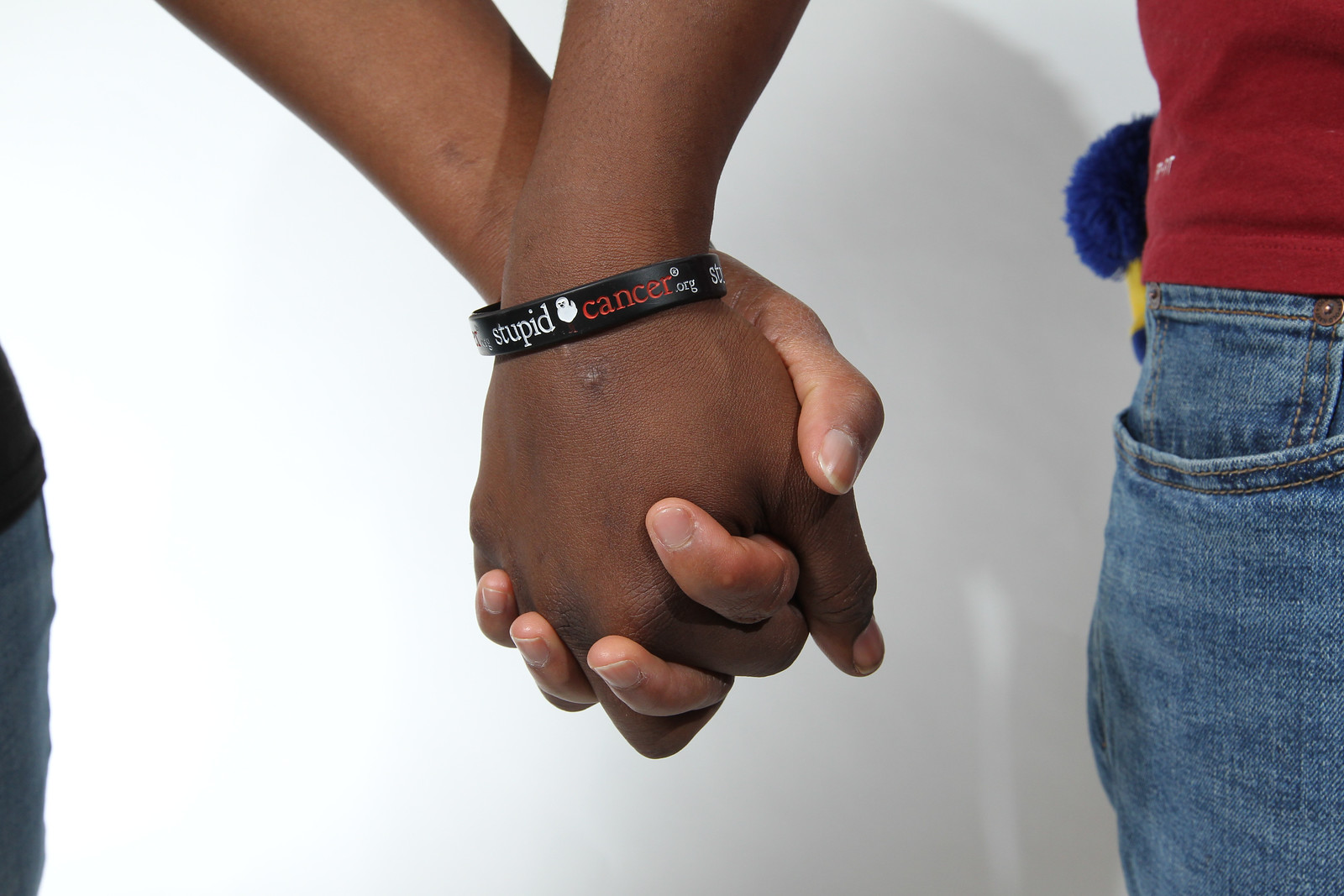
“We’re building a library of experiences,” says Donahue. “Wherever you are in your cancer journey, whether you’re newly diagnosed or at 10 years of survivorship, you can be connected to those who have been through what you’ve been through.”
While the novel coronavirus has left event planning in 2021 as a mystery, Stupid Cancer plans to continue offering digital programs even when in-person gatherings are safe again. Whether during a pandemic or not, easing the burden of isolation that AYA warriors can feel is the end-goal.
“We have fostered friendships between people. I just think it’s really incredible,” says Donahue. “In a time of deep isolation, it really helps people reach out and connect. That we’re able to help facilitate that is very wonderful.”
To learn more about Stupid Cancer, visit stupidcancer.org.

